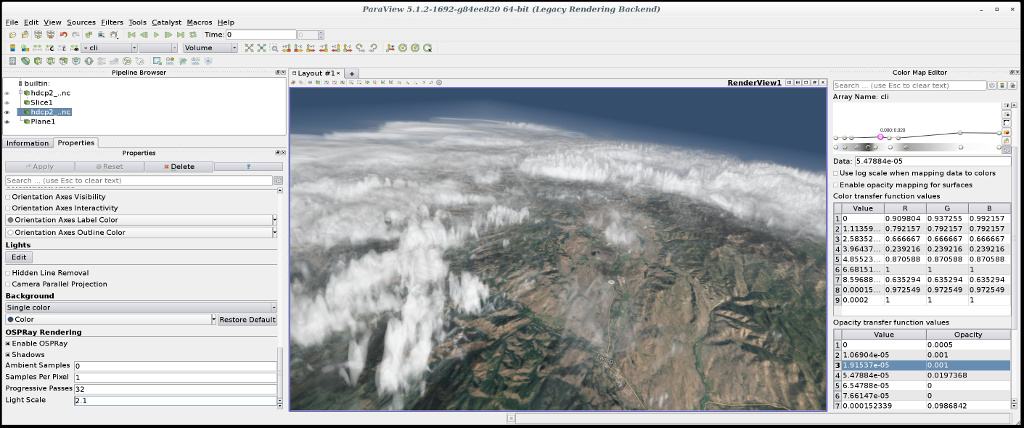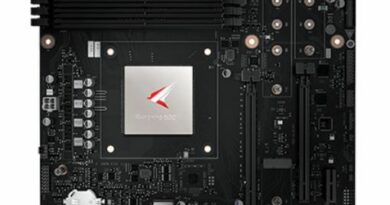Intel Release New Version of its Own Ray Tracing Engine OSPRay 2.0
Intel is gearing to launch its new dedicated GPU and now has new version of Ray tracing engine which is going to support its oneAPI. Coincidence? We don’t think so.
Intel has now version 2 of What is CPU based ray tracing engine which is open source. This is similar to what AMD has for its Radeon GPU called Radeon Pro Render and is also open source. However, AMD approach is more GPU specific while Intel’s as of now approach is CPU specific.
Here are the changes involved in this new version
- Improvement which involves API-breakage
- API migration library for older version users.
- Uses the Intel Open Volume Kernel Library (Open VKL) for “greatly enhanced volume sampling and rendering features and performance.”
- Supports Intel’s Open Image Denoise
- latest Intel version of Embree is supported, Intel’s collection of high-performance ray tracing kernels.

What OSPRay?
Intel OSPRay is an open source, scalable, and portable ray tracing engine for high-performance, high-fidelity visualization on Intel Architecture CPUs. OSPRay is part of the Intel oneAPI Rendering Toolkit and is released under the permissive Apache 2.0 license.
The purpose of OSPRay is to provide an open, powerful, and easy-to-use rendering library that allows one to easily build applications that use ray tracing based rendering for interactive applications (including both surface- and volume-based visualizations). OSPRay is completely CPU-based, and runs on anything from laptops, to workstations, to compute nodes in HPC systems.
OSPRay internally builds on top of Intel Embree and ISPC (Intel SPMD Program Compiler), and fully exploits modern instruction sets like Intel SSE4, AVX, AVX2, and AVX-512 to achieve high rendering performance, thus a CPU with support for at least SSE4.1 is required to run OSPRay.
Read More and Download the engine from here.
- Titan Fall(ter): Intel’s Stumble an Analysis - August 5, 2024
- AMDs Radeon Future Looks Bleak After RDNA 5 - May 1, 2024
- Kinect 2- Right time to use A.I. in Nextgen Consoles? - April 30, 2024





